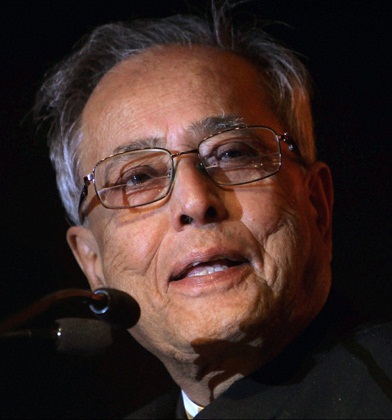
New Delhi, June 15: Putting an end to all the speculations, the UPA has declared that none other than Union Finance Minister Pranab Mukherjee will be its candidate for the Presidential elections. The announcement has come after two days of rigorous meetings, discussions and bitter of words across the Indian polity.
The announcement was made by UPA chairperson Sonia Gandhi after all the members present at the meet endorsed the candidature of the Finance Minister.
The UPA statement in support of Mukherjee said, “Pranab has a long and distinguished record…there is broad support for his candidature. All political parties must support Pranab.”
Pranab had been the most likely candidate since the talks of Presidential poll began, but his candidature was put under question by Trinamool Congress chief Mamata Banerjee, who along with Samajwadi Party supremo Mulayam Singh Yadav, declared on Wednesday that they would prefer former president APJ Abdul Kalam, Prime Minister Manmohan Singh or former Lok Sabha speaker Somnath Chatterjee as the President.
This, just less than an hour after telling the media that Congress president Sonia Gandhi wanted either Mukherjee or Vice President Hamid Ansari as the president.
However, around 24 hours after the announcement by the chiefs of the Samajwadi Party and the Trinamool Congress, there was an apparent change in the stand of the former, while Banerjee stuck to Kalam, saying he was her final choice.
Following the move by the West Bengal Chief Minister, the Congress had begun attempts to reach a consensus on the name of Mukherjee, and isolate Banerjee on the issue.
Not only did they approach the Samajwadi Party, but the UPA chairperson met almost all her allies such as the DMK, the NCP separately before the Friday meeting.





Comments
Add new comment